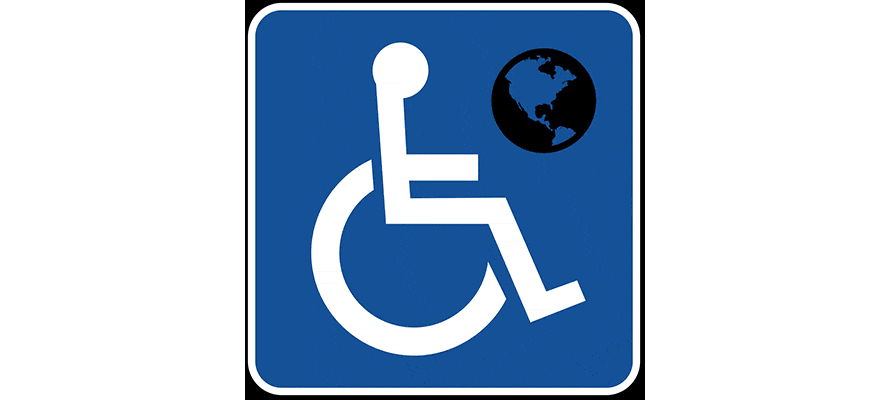Disabled astronauts offer unique solutions to emergencies in space
According to Dr. Sheri Wells-Jensen of Bowling Green State University, disabilities can be superpowers for astronauts in space. A position she and her co-author, Joshua Miele, of the Smith Kettlewell Eye Research Institute, will explain Sunday May 27th at 3 pm at the National Space Society’s annual International Space Development Conference in Los Angeles.
Dr. Wells-Jensen uses the 1997 fire aboard Russia’s Mir Space Station as an example of the advantages that disabled astronauts can bring to emergency situations. During the Mir fire, thick smoke obstructed the astronauts’ vision. Without being able to see, the astronauts could not find the Mir’s fire extinguishers. Dr. Wells-Jensen says that a blind astronaut would have had no difficulty locating the extinguishers or any of the station’s other vital tools. Dr. Wells-Jensen explains that lighting systems are typically the first things to fail in spacecraft emergencies. The sudden loss of light can disorient and panic sighted astronauts, she says, handicapping them when speed and awareness are paramount. But malfunctioning lights present no problem to a blind astronaut.
Then there are people who have lost their limbs. Leglessness is no problem in space’s zero gravity. A legless astronaut can get into spaces in a craft that other astronauts may not be able to squeeze into.
And there’s another advantage of handicapped astronauts: neural plasticity. Research shows that the brain rewires itself to give superpowers to the disabled. For example, the blind develop supernormal senses of sound and touch. Amputees develop the ability to accomplish miracles of strength and dexterity, like the championship running of Oscar Pistorius. In addition, astronauts missing arms can be equipped with specialized prosthetics that allow deeds beyond the powers of five fingers.
Dr. Wells-Jensen adds that modifications to existing equipment and technology to accommodate blind astronauts would also yield unexpected advantages to all astronauts. Spacesuit gloves are currently cumbersome and would not allow blind astronauts to feel their surroundings. Redesigning those gloves would ultimately benefit all astronauts. And equipping visual displays with audio or tactile feedback would provide all astronauts with a fail-safe should vision be blocked in an emergency.
Says Dr. Wells-Jensen, “It’s not the disability itself that represents an advantage: it’s the genius of human cognition that reorganizes and reimagines work flow when it encounters interesting problems to solve.” Concludes Wells-Jensen, “if disabled people are integrated into the crew, the whole team benefits and has a better chance of surviving.”




















4 thoughts on “Disability Can Be a Superpower in Space”
As a Traumatic Brain Injury survivor (comatose two weeks) I find this topic encouraging.
I can macgyver myself out lots of stuff, good thing that someone pointed out what this does with a brain. Live with muscle dystrophy. I would prefer to go to Space, Ibiza, not real space, but its really cool idea.
How can I prove to my 6 year old brother that wheel chair people can go in space?
The european space agency has started looking for disabled astronauts! soon your brother could have an astronaut role model